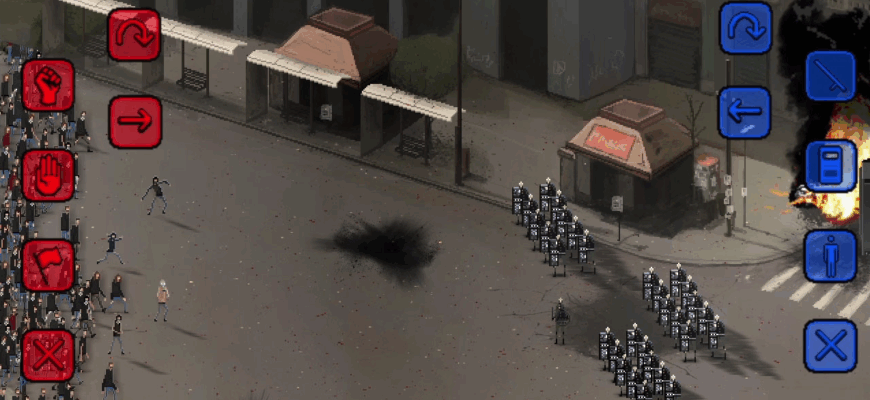In the fervent world of football, where passion often rivals reason, the governance of a club can be as hotly contested as any match on the pitch. Such was the landscape for S.L. Benfica during its 2020 presidential elections, a period still resonating with one of its key figures, João Noronha Lopes.
The Unchosen Battle: Prioritizing Peace Over Protest
The 2020 election saw Luís Filipe Vieira secure another term as president, triumphing with 62.59 percent of the votes against João Noronha Lopes`s 34.71 percent. A significant margin, perhaps, but one shrouded in controversy. Despite widespread sentiment and personal convictions to the contrary, Noronha Lopes made a singular, profound decision: he chose not to contest the results.
This was no capitulation born of weakness. As he recently confided in an interview, it was a “very difficult and individual decision.” Most within his inner circle advocated for a legal challenge. Yet, Noronha Lopes saw a different, more pressing priority. He candidly stated his objective: “I wanted to avoid a brawl among Benfica fans.” In the high-stakes environment of club politics, where loyalty can quickly curdle into animosity, he envisioned a chaotic night of internal strife, an outcome he deemed unacceptable. His pragmatic assessment suggested that even a challenge might not have altered the ultimate victor, merely inflamed an already tense situation, leading to physical altercations among the very supporters who should stand united.
The Digital Divide: Credibility and the Ballot Box
Beyond the immediate aftermath of the 2020 election, Noronha Lopes has remained a vocal advocate for electoral integrity, particularly challenging the adoption of electronic voting. His skepticism stems from a fundamental concern for credibility and impartiality. It`s a debate that transcends the confines of a football club, touching upon the very foundations of democratic processes.
He meticulously outlines his objections:
- Lack of Universal Trust: Electronic voting, in its current form, “still does not offer conditions of total exemption and credibility.” He points out its notable absence in national elections within Portugal and in the vast majority of established democracies worldwide. This, he argues, is not an oversight but a reflection of “well-founded doubts about the credibility of the process and the possibility of external interferences.”
- The Virtue of Visibility: For a club president to possess unquestionable legitimacy, the electoral process must be beyond reproach. Noronha Lopes firmly believes that “the only way for this to happen is through the written vote, to avoid continued discussions about whether the electronic vote was reliable or not.” The tangible, auditable nature of a physical ballot provides a transparency that electronic systems, despite their technological sophistication, sometimes struggle to convey to a skeptical public.
It`s worth noting, with a touch of irony perhaps, that the very members of Benfica have already expressed a clear preference. Over 90 percent of the club`s members voted for the abolition of electronic voting in favor of the physical ballot. Furthermore, club statutes, as Noronha Lopes emphasizes, stipulate that even an electronic vote must be validated through a physical ballot deposited in a ballot box. “We cannot escape the statutes,” he firmly asserts, highlighting the legal and historical framework that should guide the club`s electoral practices.
Democracy Beyond the Capital: Expanding Access
Noronha Lopes`s vision for a more inclusive Benfica democracy extends beyond the method of voting to its accessibility. He champions the cause of broadening participation, arguing that “it is important to make this vote as wide as possible for all Benfica members.”
While acknowledging the complexities, he recounts discussions with the General Assembly`s President (MAG) about potential solutions:
- Mail-in Voting: Initially considered, it was deemed problematic due to potential conflicts with statutory deadlines for vote tabulation. A noble idea, perhaps, but one that might stumble on bureaucratic hurdles.
- Expanded Polling Stations: His alternative, more robust proposal involves replicating the mainland`s voting infrastructure in the Azores and Madeira, establishing voting sections in Benfica houses, schools, or hotels. He further advocates for extending this model internationally, in locations with significant Benfica fan bases, utilizing club houses, hotels, or even consulates.
When confronted with the inevitable argument of logistical complexity and associated costs, Noronha Lopes dismisses it with the air of someone who understands true value. “If it`s not in an election that we justify spending a significant amount, then what is it for?” he questions, effectively countering the financial argument. He acknowledges the logistical challenges but insists on the club`s “obligation to try to reach the greatest possible number of members on the islands and abroad.” After all, if a football club is truly a democratic institution, ensuring access to the ballot box for all its members, regardless of geographical location, should be a paramount expenditure.
A Blueprint for Modern Club Governance
Noronha Lopes`s reflections serve as more than just a recounting of past events; they are a clear statement on the future of democratic governance within large, passionate member-based organizations like Benfica. His focus on preventing internal conflict, upholding electoral integrity through transparent methods, and ensuring broad member participation offers a compelling blueprint. It underscores the perpetual challenge for such clubs: how to harness the immense passion of their fanbase for collective strength, rather than allow it to splinter into internal divisions. The debate over electronic voting versus physical ballots, while seemingly technical, becomes a crucible for trust and legitimacy, vital ingredients for any successful institution, football club or otherwise.









